Rebecca Alty was elected with 8,854 votes or 53.8% of the vote ![]()
Angela Davidson (aka Rainbow Eyes) had 171 supporters for 1% of the vote
Kimberly Fairman placed second, with 5,462 votes for 33.2% of returns
Kelvin Kotchilea was third, with 1,983 votes, or 12% of the vote
Canadians vote on Monday, April 28. There are four candidates for the NWT’s sole seat in the House of Commons. CKLB continues to compile information for our audience. (Note, this page has some limitations on mobile devices.)


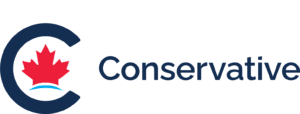

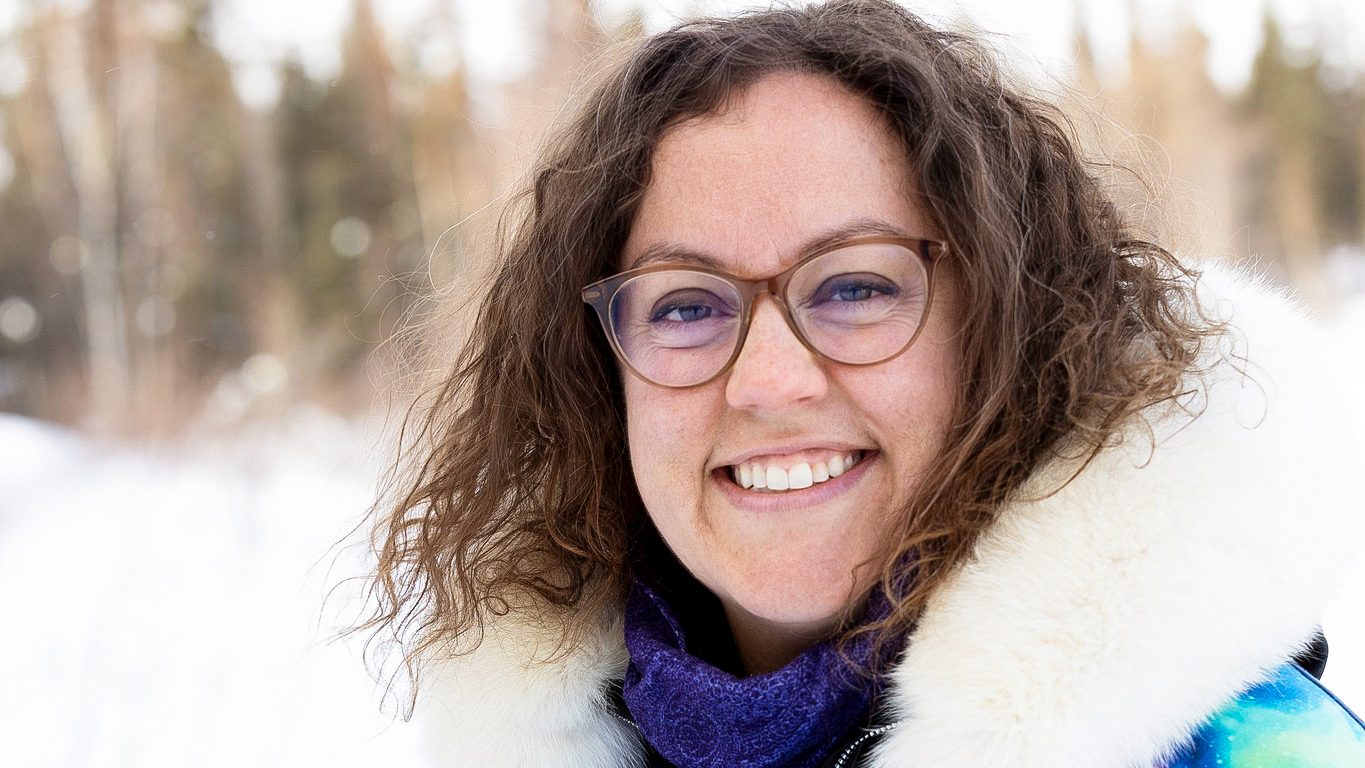
Rebecca Alty
Yellowknife Mayor Rebecca Alty says she is running to be the next MP for the NWT because she cares deeply about the people and communities of the North.
After high school, the Yellowknife-born bilingual (English/French) Alty completed a diploma in Film and Video at the Southern Alberta Institute of Technology (SAIT), followed by a degree in Communication Studies from the University of Calgary.
Her career included roles in communications and community relations with the Diavik Diamond Mine, non-profits, and the Government of the Northwest Territories. She has always been committed to community service and has volunteered on several boards, including as President of the Northwest Territories Association of Communities, the Federation of Canadian Municipalities, the Arctic Mayors Forum, and the NWT/Nunavut Chamber of Mines.
In 2018, she was elected the 15th mayor of Yellowknife, following two terms as a councillor.
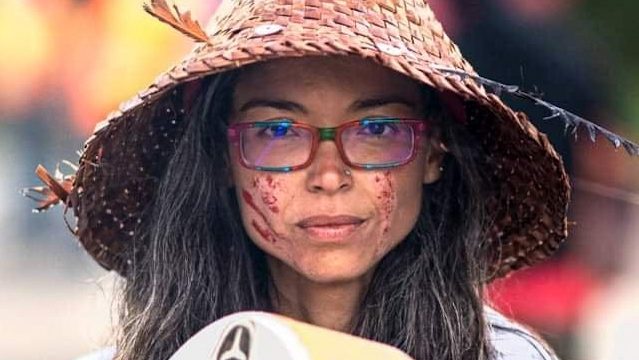
Angela Davidson (called Rainbow Eyes on ballots)
Angela Davidson — also known as Rainbow Eyes — is a member of the Da’naxda’xw/Awaetlala First Nation in BC.
From working as a trained Land Guardian with her Nation to defending the last stands of old-growth forests on Vancouver Island at Fairy Creek, Rainbow Eyes has dedicated herself to protecting the land.
Her ability to travel to the NWT to campaign cold be compromised, as she was convicted on seven counts of criminal contempt for repeatedly violating court orders prohibiting some forms of protest at the 2021 Fairy Creek protests against old-growth logging. She is attempting to appeal.
Since her time in the forest, Rainbow Eyes has been building connections within the Green Party of Canada — connections that led to her role as Deputy Leader. She now serves on the Indigenous Peoples’ Advisory Circle of the Green Party, is an elected Councillor for her Nation, and sits on the board of the Northwest Indigenous Council.
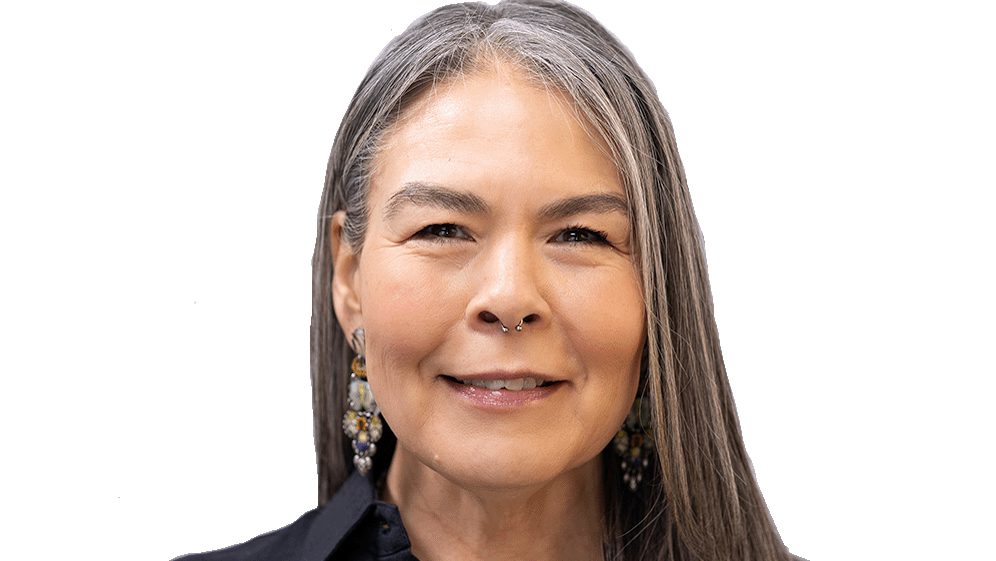
Kimberly Fairman
Fairman brings a wealth of experience living and working in Canada’s North. Her early years in the communities of the Mackenzie Valley give her a deep understanding of Northern and rural life.
Living in Yellowknife, after receiving her graduate degree from the University of Alberta, her extensive experience with the federal government and as a health policy researcher has provided her with an appreciation and understanding of the Canadian political system.
Fairman believes the Northwest Territories can provide leadership for Canadians on issues of the Indigenous economy, sovereignty, and regional strength, especially given the current complex geopolitical context and focus on resource development and economic growth.
Before becoming the Conservative Candidate, Fairman was Executive Director of the Institute for Circumpolar Health Research and held senior positions in the Federal and Territorial governments, focusing on community and economic development.
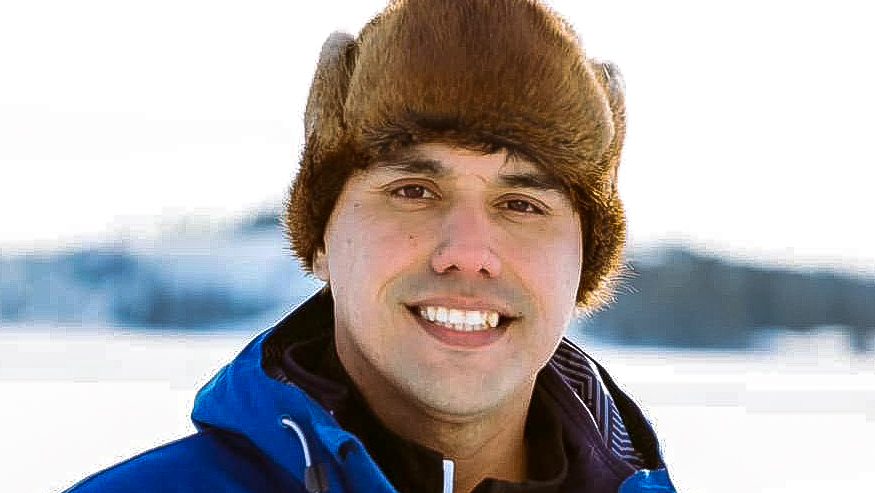
Kelvin Kotchilea
Kotchilea is of Tłı̨chǫ heritage from Behchokǫ̀. And growing up in a small community, Kotchilea says that successive Liberal and Conservative governments in Ottawa have left Northerners behind.
Kotchilea cites the housing crisis and climate emergency as main concerns. He also says our healthcare system should be truly universal and include prescription medication, dental care, vision care, and mental health services.
Though now residing in Yellowknife, Kotchilea remains active in his home community. He’s passionate about traditional culture, such as Dene handgames and being out on the land.
Kotchilea also wants to restructure the Nutrition North food subsidy program. Homelessness needs to be addressed by examining the root causes, such as mental health and addictions. He says programs such as Housing First and land-based wellness programs are heding in the right direction.
Each candidate was offered a day of their choice to appear on:

Rebecca Alty appeared on April 25th.
(Angela Davidson did not respond.)
Kimberly Fairman appeared on April 23rd.
Kelvin Kotchilea appeared on April 7th.
Each candidate was sent a form with four questions of concern to Indigenous people in the NWT:

Rebecca Alty
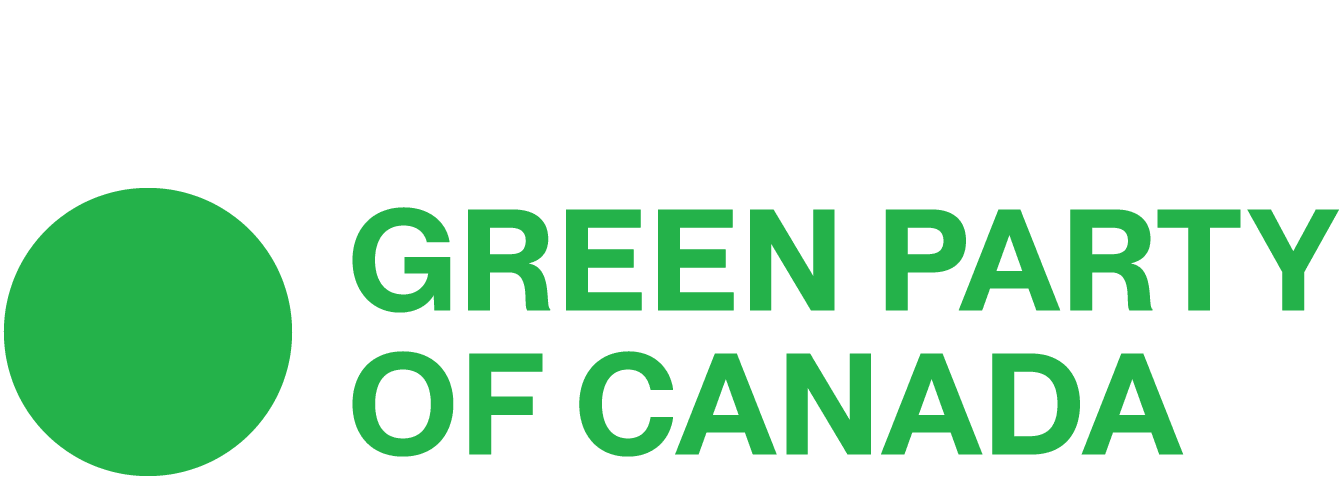
Angela Davidson
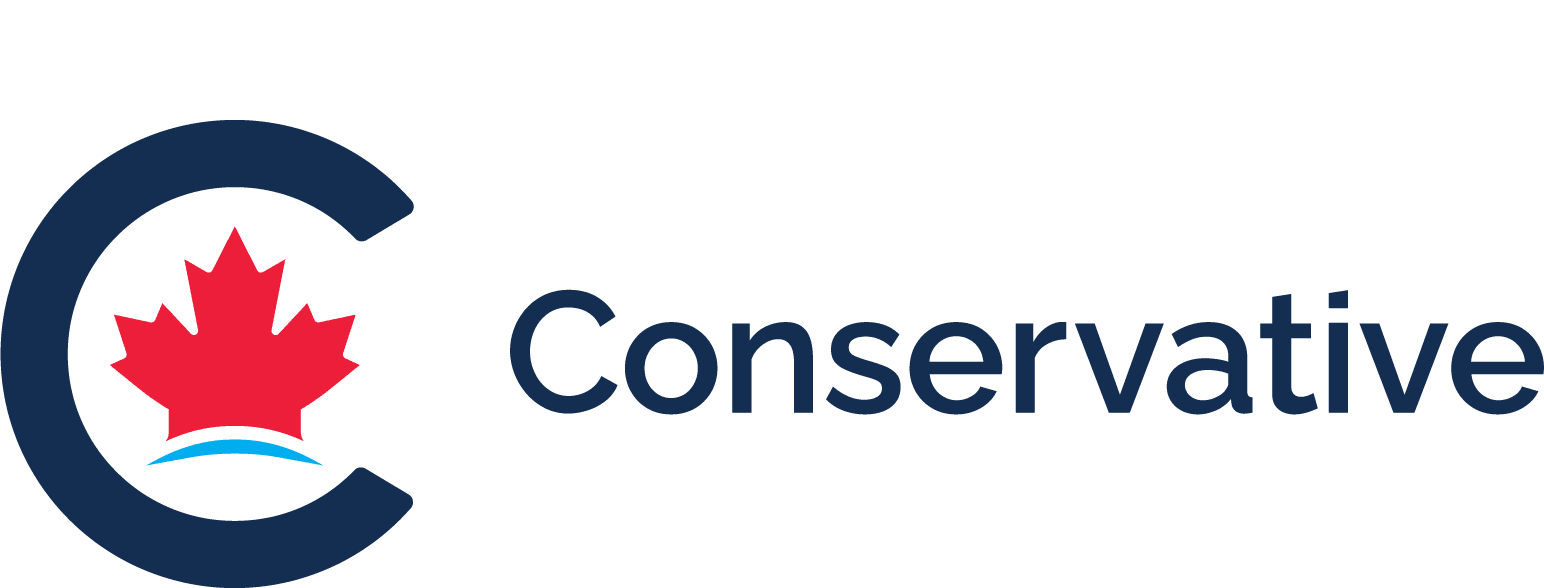
Kimberly Fairman
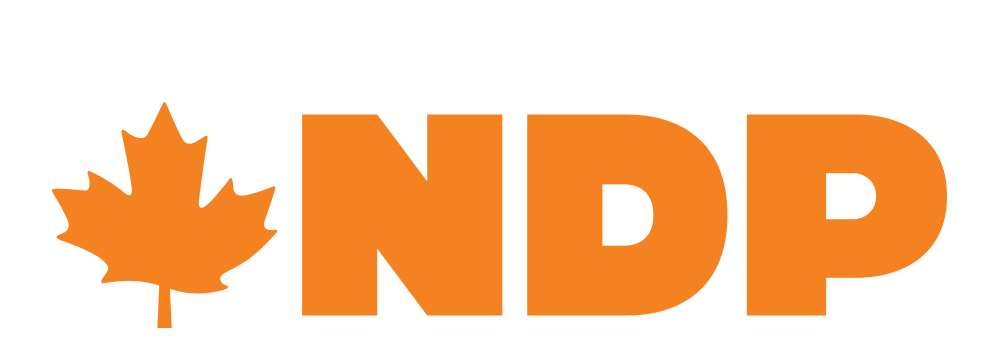
Kelvin Kotchilea
1) Canadians typically support transferring greater authority to the three Northern territories; however, they express opposition to the revenue from resource extraction that could fortify our economies. As the NWT's diamond mines begin to close, fostering investment and innovation becomes crucial for the Northern economy. Please share the top lines of your economic vision for the NWT.
2) Since 1975, Canada has engaged in discussions and finalized 26 contemporary treaties with Indigenous communities, of which 18 include self-governance clauses or related agreements. Currently, 11 negotiations are ongoing in the Northwest Territories, some of which have persisted for many years and often face substantial delays during federal election periods. Should these negotiations move faster, given the economic boost that could result? Or are there other considerations to maintain the status quo?
---
3) There have been several violent incidents this year in communities across the NWT, resulting in property damage, bodily harm and homicides all connected to the illegal drug trade. Almost all of the major arrests are of people not from the NWT and very often they are on bail for previous drug crimes in their home province. If you are the NWT's next Member of Parliament, what ideas do you have from a federal perspective to curb the illegal drug trade in the North?
---
4) Smaller communities in the NWT are seeing their population remain stagnant or decrease over the years. While there is no simple, one-size fits all approach to preserving the culture of Indigenous people who want to remain in their communities, what do you see as a way forward, from a federal perspective, to allow people to live with dignity from cradle to the grave?
(Angela Davidson did not respond.)
1) Canadians typically support transferring greater authority to the three Northern territories; however, they express opposition to the revenue from resource extraction that could fortify our economies. As the NWT's diamond mines begin to close, fostering investment and innovation becomes crucial for the Northern economy. Please share the top lines of your economic vision for the NWT. I want to bring opportunity and affordability to the North.
Kimberly Fairman's response: The North relies on the resource economy, and we need to make sure it can thrive and that it works for communities. That means creating a “One Stop Shop” called the Rapid Resource Project Office to handle regulatory approvals across all levels of government, making one application and environmental review per project to enhance efficiency without sacrificing environmental standards, and delivering one-year maximum wait times for approvals with a target of six months. We’ll encourage reinvestment by giving extra TFSA room for Canadians to invest in Canadian businesses tax-free, and defer all capital gains taxes on money that is reinvested in back in Canada. Indigenous communities must feel all the benefits of these changes. Conservatives will implement the First Nations Resource Charge, a plan developed by Indigenous people to take back control over resources and money from development on their lands. It’s a policy that respects treaty rights and puts more power back into the hands of our people. We also need to make the North more affordable for everyone. That means more affordable housing by incentivizing municipalities to cut building taxes and development charges while eliminating the sales tax on new homes under $1.3 million to encourage building new homes, policies that combined will save up to $115,000 on the cost of a new home.
---
2) Since 1975, Canada has engaged in discussions and finalized 26 contemporary treaties with Indigenous communities, of which 18 include self-governance clauses or related agreements. Currently, 11 negotiations are ongoing in the Northwest Territories, some of which have persisted for many years and often face substantial delays during federal election periods. Should these negotiations move faster, given the economic boost that could result? Or are there other considerations to maintain the status quo?
I want to work with Indigenous communities to finalize self-government agreements on timelines that work for those communities. I was recently in the Sahtu, and this was one topic that came up often. That means treating self-government negotiations with urgency while also making sure that communities are heard and consulted and that agreements are not imposed on Northern communities from the outside. In my experience communities want certainty, they want self-determination, and they want a path forward so that they can take back power and control.
---
3) There have been several violent incidents this year in communities across the NWT, resulting in property damage, bodily harm and homicides all connected to the illegal drug trade. Almost all of the major arrests are of people not from the NWT and very often they are on bail for previous drug crimes in their home province. If you are the NWT's next Member of Parliament, what ideas do you have from a federal perspective to curb the illegal drug trade in the North?
Conservatives are committed to introducing policies which will make our communities safer. Our communities have suffered so much from violence, much of it brought but southern drug traffickers preying on vulnerable people. It must stop. We will impose life sentences for anyone who is convicted of five or more counts of human trafficking, importing or exporting ten or more illegal firearms, or fentanyl trafficking. We are also going to make sure that repeat offenders face jail, not a constant revolving door of cyclical bail. If elected, I will do everything I can to ensure drug traffickers end up in jail and stay there. I will also focus on treatment to bring loved ones home drug-free. A Conservative government will do this by providing resources to proven, effective programs with a history of results, and we will expand funding to make sure that treatment programs are more available.
---
4) Smaller communities in the NWT are seeing their population remain stagnant or decrease over the years. While there is no simple, one-size fits all approach to preserving the culture of Indigenous people who want to remain in their communities, what do you see as a way forward, from a federal perspective, to allow people to live with dignity from cradle to the grave?
Our cultures as Indigenous people are the fabric of the territory. People deserve to be able to live their whole lives in their communities and in touch with our cultures. A big part of that is creating opportunity by ensuring communities have the resources to be self-sufficient and sustainable by encouraging development that communities want and need. It also means making sure that our cultures are respected in many ways, including by ensuring a sustainable future, protecting hunters from the nonsensical gun bans, making sure that our children can learn in their own languages, and providing respect to our Elders as they teach the next generation.
(Kelvin Kotchilea did not respond.)
Each candidate was invited to join Cabin Radio’s April 10 online debate. One of the topics was crime and drugs:




“We do need to make sure that our laws are being enforced, and so increasing the resources when it comes to RCMP, when it comes to border security. So the other announcement today (from party Leader Mark Carney) was more training, more spaces at the (RCMP) Depot, making sure that all positions we have in the North are filled.
“Because a lot of the violence that we’re seeing is related to drugs (support is needed) for on-the-land healing and addictions recovery programs, including housing. In Yellowknife and Inuvik, even Fort Providence, the federal government has provided funding. So in Yellowknife, it was funding to the city, and then the city was able to purchase a house, and the territorial government’s going to operate it the transitional housing for addictions recovery program, so being able to help people get out of drugs.
“When it comes to public safety, there’s a need for enforcement, and there’s also the need to to address the the root causes of a lot of the violence that we’re seeing. There’s some serious, as Kelvin mentioned, organized crime coming up to the Northwest Territories. So we can have a justice system, and there’s the court process, but there is also alternative justice processes. And so really looking at what’s going to be best for the the accused, if it’s alternative justice,
“One of the most recent projects that the federal government’s funded is the Dene Wellness Warriors. They’re looking to set up a healing centre.
“There has been $700 million worth of housing funding in the Northwest Territories over the past 10 years with the Liberal government. We you know, money has been allocated and directly to Indigenous governments. Shovels are still getting swung. Houses are coming in. It’s not going to be a change overnight. However, these programs are the right steps, and there’s a number of other wellness programs, a lot of on the land healing programs”
Angela Davidson was just released on bail in BC and had a long drive to her home, so she could not appear live on Cabin Radio’s debate. She did offer a pre-recorded statement:
“I was planning on attending this forum today, but I was just released from prison … for protecting ancient old growth at Canada’s largest act of civil disobedience on the unceded territory. The BC Court of Appeals ruled that I was over-incarcerated in my sentencing. We are now appealing to the Supreme Court of Canada.
“Our prisons are overcrowded. Too many Indigenous women are incarcerated in our system with the ratio of nine to one. The Canadian government must put the well-being of the people before the economy, meaning funding for social services as well as a reconnection to the land.”
(Cabin’s news editor Ollie Williams said the Tory candidate did not want to participate.)
“The people that are coming into Northwest Territories are very organized when it comes to drug trafficking. They actually have a two-week, two-week rotation in and out, and that’s what’s making it very difficult for the RCMP is to build this case when they’re very young individuals that are coming up north. They’re 17, 18, 19, 20, with very clean records. Their parents don’t even know they’re up here in the Northwest Territories selling drugs.
“People from the communities know who these individuals are, but the laws in their eyes, give more protection to dealers and criminals. And (many) communities don’t even have a full-time RCMP detachment. With the new Democratic Party, that’s part of the social aspect of funding.
“All communities that I’m visiting are struggling with this social issue. Every community in every region I have visited has a funeral service or had one right before I arrived. It’s very disheartening, especially coming from a small community.
“So we do have to fix a lot of our social programs. And enforcement is going to be one of them, because … it’s people that are coming into our communities that are causing all of these extreme activities … and sometimes murder.
“Once (addicts) come out of these recovery programs, they’re basically thrown right back into the same situation — overcrowdedness, couch surfing, and if they can’t find a place to stay, then they tend to go to the party houses, because it’s a gathering hub.
“But another set of questions is on employment, because (when in post-treatment), now they have to pay rent, and they have to pay bills, and they have to learn how to do money management. So it is a really big, massive problem, and it’s not a problem specific to the Northwest Territories.”
All candidates appeared on CBC North’s April 22 online debate. Here is one interesting quote from each:




“Now, I know I don’t have to remind folks at home that we’re facing some serious challenges — like the high cost of living, housing issues, the drug crisis, public safety, the economy and climate change — not only here in the Northwest Territories, but across Canada and across the world. On top of that, we’re seeing real threats to Canada’s economy and Arctic security from the U.S. That’s why I believe Mark Carney and our Liberal team are the right choice to protect Canadian interests.”
“There could be a special priority to ensure that the people of the North, the small communities, have the resources that they need at an affordable cost to build all the homes that they need, as well as the training. But, I feel like with the Indigenous people, the land-based training is very important. How to do it culturally. We learn from tradition and how things were built, and to really incorporate culture into home building — really put pride into our homes again.”
“We’ve seen an Ottawa-knows-best approach historically, and I think Indigenous communities need to be put back in control. They need to be in control of their land. They need to be in control of their decisions, their future, and also in control of their money. So to me, reconciliation means that we have to move forward together. The injustices have led to so much poverty, crime and despair in the communities. A real priority for me is ensuring that we build strong, sustainable and self-reliant communities. Many of them are on this road already, and in my opinion, getting Ottawa out of the way of Indigenous communities is one of the key step.”
“I’m a third-generation residential school survivor. I lost my grandmother to alcohol at the age of 28, so my mother was raised by her grandparents. With the Truth and Reconciliation and the Calls to Action, there’s a lot of beautiful language within that’s related to education, health care, housing, as well as how to advance sovereignty and our well being. And with that, it’s a great opportunity to use that report and Calls to Action to tackle our wellness and healing using land-based healing, as well as Western society methods, to help our people that are struggling with addiction and drugs.”
Three candidates appeared on Yellowknife Chamber of Commerce’s April 25 online debate. Slightly edited answers below to the question: “As MP, how would you support policies that create equitable economic opportunities and contribute to a more inclusive business environment in the NWT?”

The Yellowknife Chamber of Commerce's 2025 All-Candidates Forum on April 24th, was moderated by (clockwise from top left) board member Donna Lee Demarcke, with Conservative candidate Kimberly Fairman, Liberal candidate Rebecca Alty, and NDP candidate Kelvin Kotchilea. (Image courtesy YKChamber/Teams)




“Expanding the Indigenous Loan Guarantee Program from $5 billion to $10 billion, (would) provide Indigenous governments, Indigenous businesses, with a greater share in the benefits of natural resources and energy projects by not just reviewing the projects, but actually to be project proponents. Another initiative would be unlocking new economic opportunities for women by increasing support for the Women’s Economic and Leadership Opportunities Fund, (that) invests in projects that promote economic security and prosperity. The more entrepreneurs with good ideas that are supported, the more resilient and sustainable our growth will be. It’s really important to support Canadian businesses from every community … (through) the lens of ensuring equity for all Canadians.”
(Angela Davidson did not participate.)
“Inclusivity and equity in terms of hiring practices is a key principle that should be upheld. In my discussions with business owners and employers here in the Northwest Territories, these are things that they work very hard and aim for in terms of understanding how it strengthens their business and how it contributes to better services and better experiences for their employees. I stand behind those efforts, and I think that some of the things that (the Conservative Party is) doing to support entrepreneurship — lowering taxes, making sure that people have powerful paychecks to take home — will help to attract a diverse and inclusive workforce here in the Northwest Territories. We are trying to encourage Indigenous students, trades, people, workers, to participate in the workforce, but also to be equity owners as well. Businesses here in the North also do an amazing job at recognizing that when they invest in their communities, and their communities are invested in them, that everybody benefits.”
“We’re very diverse in what type of business that we offer with indigenous corporations. We’re definitely more in the mining and reclamation work at this point. With the type of language the federal government uses for p3 contracts (such as for the $185 million Tłı̨chǫ Highway to Whatì) … they make it wide open for anyone across Canada. That’s why the federal government is very keen in making such promises and giving such announcements is because they know that there are people from the South that are going to come in and get the work. (Northern) businesses hire local people, pay local taxes, their employees pay payroll taxes — that has a money multiplier effect. When you look at Indigenous corporations and you look at people that are Northerners, we have to ensure that equitability of any funding is going to be distributed to us in the North first. This is our land. This is our community, and we take care of one another.”
The candidates on the campaign trail, with photos from social media:





Rebecca Alty with supporters in Norman Wells. (Photo courtesy of Facebook)

Angela Davidson after meeting with her bail supervisor in B.C. in mid-April. (Photo courtesy of Facebook)
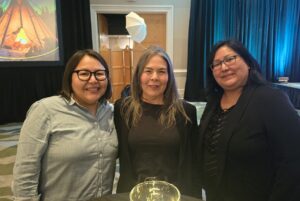
Kimberly Fairman with Gamèti Chief Doreen Arrowmaker, at left, and Wekweèti Chief Adeline Judas-Football . (Photo courtesy of Facebook)
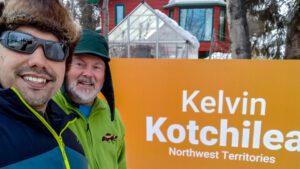
Kelvin Kotchilea and former MLA Kevin O'Reilly in Yellowknife. (Photo courtesy of Facebook)

Liberal NWT candidate Rebecca Alty votes in an early poll in Yellowknife. (Photo courtesy of Rebecca Alty/Facebook)

Green Party national co-leader Elizabeth May, centre, meets with Deputy Green leader and NWT candidate, Rainbow Eyes and Grandma Rose Henry to reaffirm the Greens commitment to the principles of Indigenous sovereignty and self-determination. (Photo courtesy of May/Facebook)

Conservative NWT candidate Kimberly Fairman’s daughters Kendra and Stella both cast their first-ever votes in advance polls. (Photo courtesy of Fairman/Facebook)

NWT NDP candidate Kelvin Kotchilea meets with Ben Hendriksen, deputy mayor of the City of Yellowknife. Ben shared a list of priorities for candidates that the city council have all agreed upon. (Photo courtesy of Kotchilea/Facebook)
For information on where and how to vote in the NWT, click the image below:

